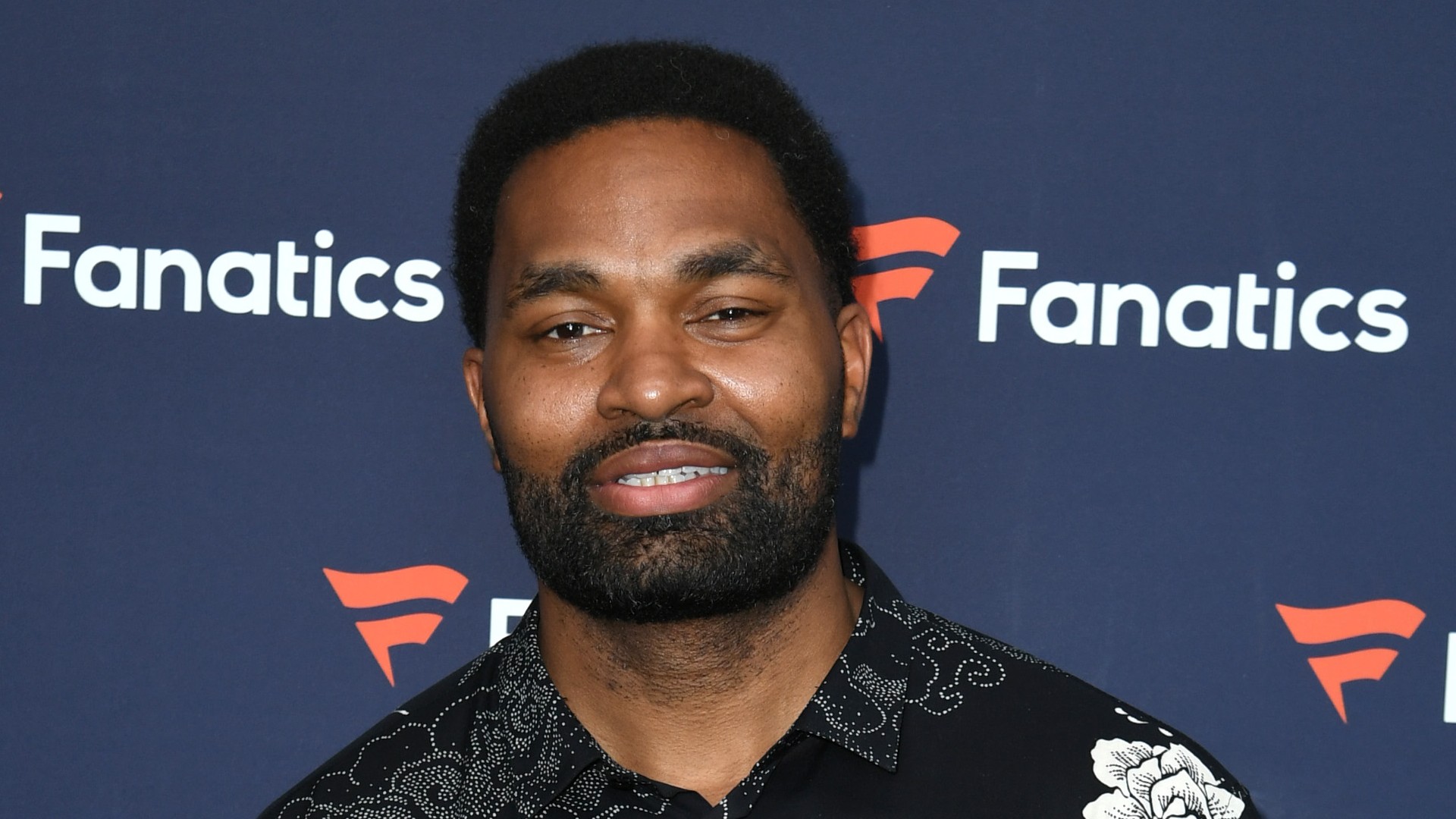
CULVER CITY, CALIFORNIA - FEBRUARY 12: Jerod Mayo attends Michael Rubin's 2022 Fanatics Super Bowl Party on February 12, 2022 in Culver City, California. (Photo by Cindy Ord/Getty Images for Fanatics)
Jerod Mayo has shared his perspective on the contentious issue of racism after being announced as the first black coach of the NFL’s New England Patriots.
Mayo, who worked as a linebacker with the team from 2008 to 2015, has undeniably ascended to new heights in his position with the Patriots.
But his new role – the first Black coach, to be precise – is an achievement in itself.
On Friday (January 12), the team announced that Mayo would replace Bill Belichick, per NBC Sports, making him the 15th Patriots coach in the franchise’s history.
In his capacity as a man of color in a predominantly white industry, it’s understandable why reporters at Wednesday’s (January 17) press conference were keen to get his take on the feat and comment on the dynamics of sports and racism.
The 37-year-old touched on racial issues after CEO Robert Kraft‘s remark about not seeing color when it comes to hiring talent for the team.
“I’m really color blind,” Kraft explained, per Sports Illustrated. “I want to get the best people I can get. I chose the best head coach for this organization. He happens to be a man of color. But I chose him because I believe he’s best to do the job.”
Mayo, on the other hand, felt compelled to dive deeper into the matter by seemingly contending that those who don’t see color aren’t able to see racism when it’s happening in front of them.
“You better believe being the first black head coach here in New England means a lot to me,” Mayo said. “I do see color because I believe if you don’t see color, you can’t see racism.”
When Mayo says he sees color, he doesn’t appear to be implying any form of discrimination or bias.
He’s confronting the reality of society, acknowledging that people are treated differently based on their skin color.
“Whatever happens, Black, White, disabled person – even someone with disabilities, for the most part people are like – when they’re young, they kind of make the spot hot. Younger people know what that means. But what I would say is, no, I want you to be able to go up to those people and really understand those people. It goes back to whatever it is, Black, White, yellow, it really doesn’t matter, but it does matter, so we can try to fix the problem that we all know we have.”
His statement indicated an awareness of the reality that color blindness (as Kraft would call it) does not eliminate racism.
Instead, it often serves as a tool for ignoring or brushing off the systemic prejudices and discrimination that people of color face.
Mayo’s acknowledgment of the issue of racism is as significant as his appointment.
His thoughts on racism reveal that he’s not a person who will be pushed around at his new job. By contrast, he’s someone who dares to confront critical issues head-on.